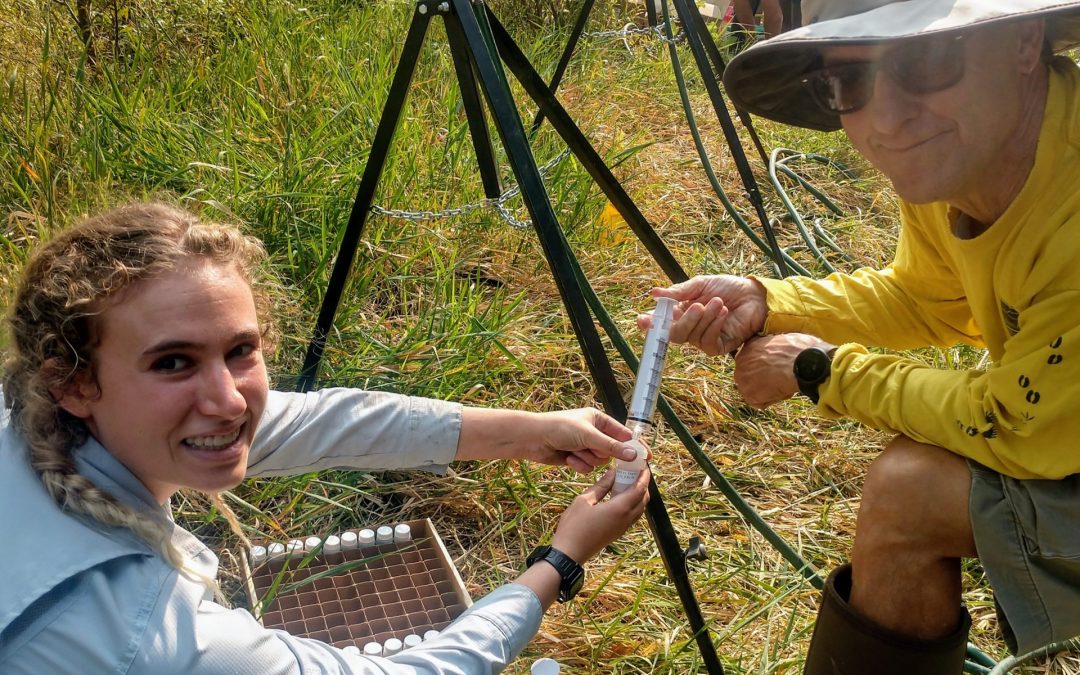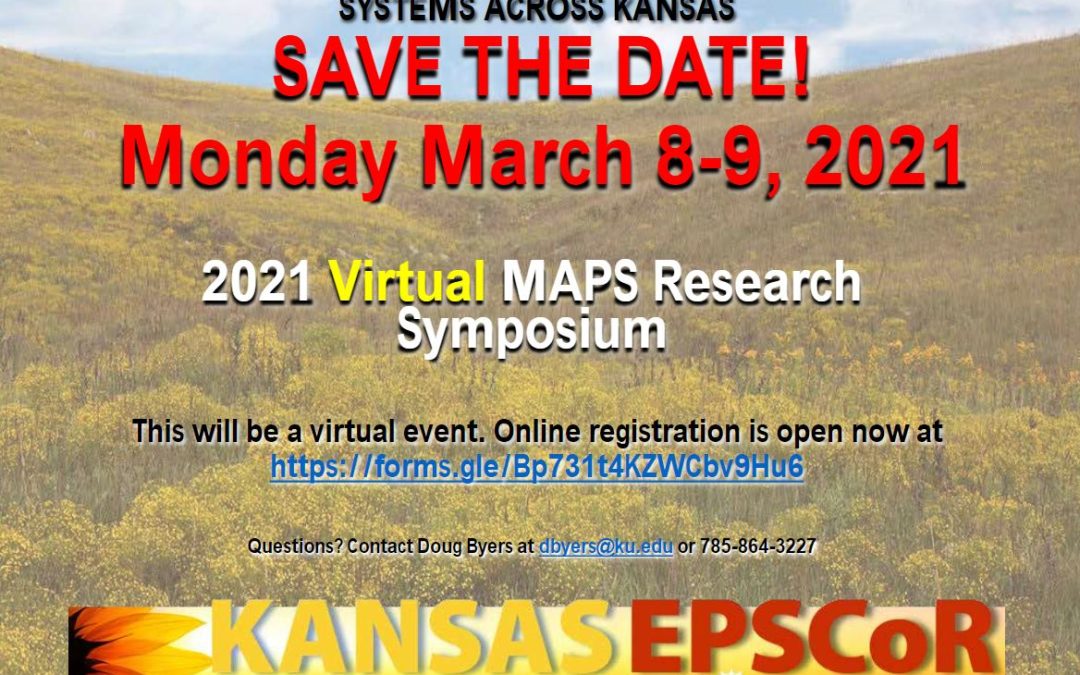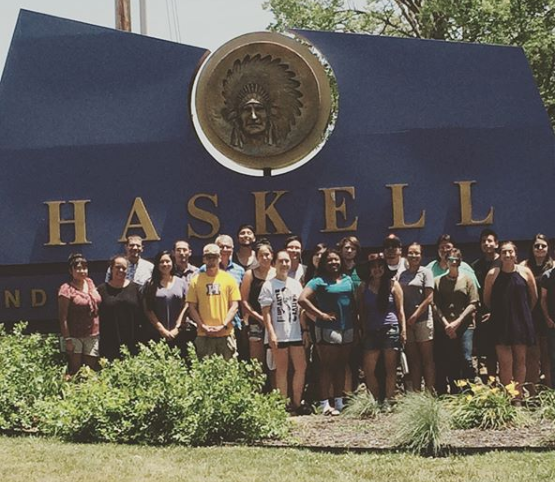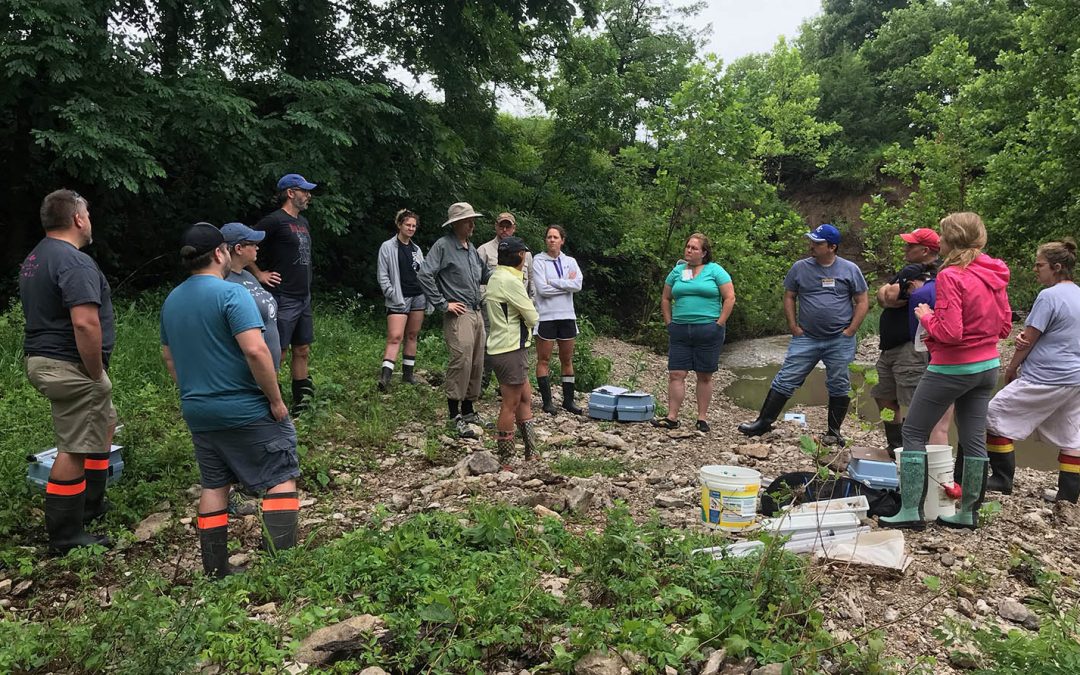by Claudia Bode | Feb 22, 2021 | News
The Established Program to Stimulate Competitive Research (EPSCoR) is hosting virtual office hours to share information about the Research Infrastructure Improvement (RII) Track-4: EPSCoR Research Fellows solicitation. This opportunity provides awards to build...

by Claudia Bode | Feb 9, 2021 | News
Dr. Walter Dodds and Gretchen collecting soil water from miniature lysimeters in the riparian zone before the rainfall simulation. Monitoring rivers at a local preserve after joining the Watershed Environments and Ecology Lab was an influential factor that led...

by Claudia Bode | Feb 8, 2021 | News
We are excited to announce that the 2021 Kansas NSF EPSCoR/MAPS Annual Research Symposium will be held virtually (over Zoom) on March 8-9, 2021. Exact times and content of the virtual sessions are still being worked out but please tentatively plan on the following:...

by Claudia Bode | Feb 4, 2021 | News
The Haskell Environmental Research Studies (HERS) Institute is a workforce development and education initiative supported by the Kansas NSF EPSCoR RII Track-1 Award OIA-1656006: Microbiomes of Aquatic, Plant, and Soil Systems across Kansas (MAPS). The program is...

by Claudia Bode | Feb 2, 2021 | News
Apply Now for the 2021 Ecosystems of Kansas Summer Institute for Kansas(ESKI) for high school biology and environmental science teachers. The Institute will be held at the University of Kansas Field Station on June 7-11, 2021 (arrive the evening of June 6 if traveling...




